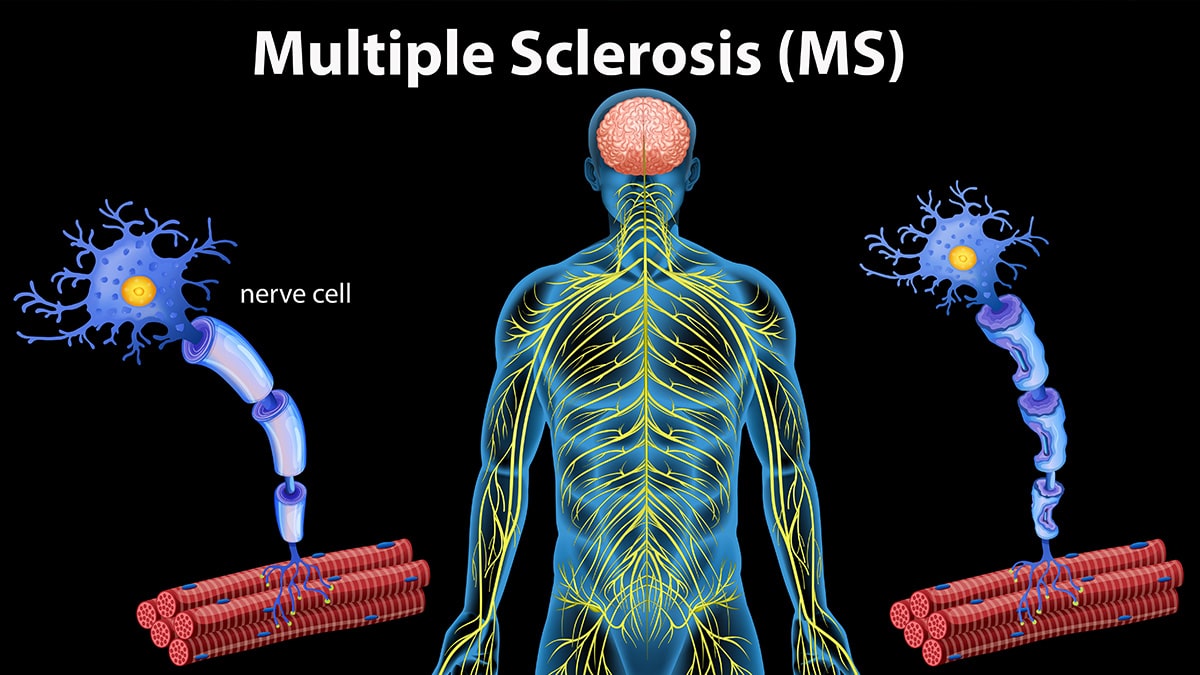Understanding Multiple Sclerosis
Multiple Sclerosis is a complex and often misunderstood disease that affects the central nervous system. It can be challenging to navigate through the sea of information available, but with the right guidance, managing the symptoms and living a full life is entirely possible. In this article, we will delve into the basics of Multiple Sclerosis, its symptoms, and various ways to manage the condition.
The Benefits of Seeking Information About Multiple Sclerosis
Knowledge is power, especially when it comes to dealing with Multiple Sclerosis. By being informed about the disease, individuals can make better decisions regarding their healthcare and overall well-being. Having the right information empowers patients to communicate effectively with their healthcare providers and seek appropriate treatment options.
A Detailed Explanation of Multiple Sclerosis
Multiple Sclerosis is an autoimmune disease where the immune system mistakenly attacks the protective covering of nerve fibers in the brain and spinal cord. This leads to disruptions in the flow of information within the central nervous system, causing a wide range of symptoms that can vary from person to person.
Some common symptoms of Multiple Sclerosis include fatigue, difficulty walking, numbness or weakness in one or more limbs, blurred or double vision, and problems with coordination and balance. The disease can also cause cognitive changes, such as difficulties with memory and concentration.
Frequently Asked Questions About Multiple Sclerosis
1. What are the risk factors for developing Multiple Sclerosis?
While the exact cause of Multiple Sclerosis is unknown, certain factors such as genetics, environmental triggers, and a compromised immune system may play a role in the development of the disease.
2. Is there a cure for Multiple Sclerosis?
Currently, there is no cure for Multiple Sclerosis. However, there are various treatments available to help manage symptoms, slow down the progression of the disease, and improve quality of life.
3. How can diet and exercise impact Multiple Sclerosis?
A healthy diet and regular exercise can play a significant role in managing Multiple Sclerosis. Eating nutritious foods and staying physically active can help support overall health and potentially alleviate some symptoms of the disease.
4. What is the importance of emotional support for individuals with Multiple Sclerosis?
Emotional support is crucial for individuals living with Multiple Sclerosis. Coping with a chronic illness can be challenging, and having a strong support system in place can provide comfort, encouragement, and practical assistance when needed.
5. How can individuals find reliable information and resources on Multiple Sclerosis?
There are several reputable sources of information on Multiple Sclerosis, including healthcare providers, patient advocacy organizations, and official websites dedicated to the disease. It is essential to verify the credibility of the sources and seek guidance from trusted professionals.
Conclusion
Living with Multiple Sclerosis presents unique challenges, but with the right knowledge and support, individuals can effectively manage the disease and lead fulfilling lives. By staying informed, seeking appropriate medical care, and adopting a healthy lifestyle, it is possible to enhance quality of life and navigate the complexities of Multiple Sclerosis with resilience and hope.



